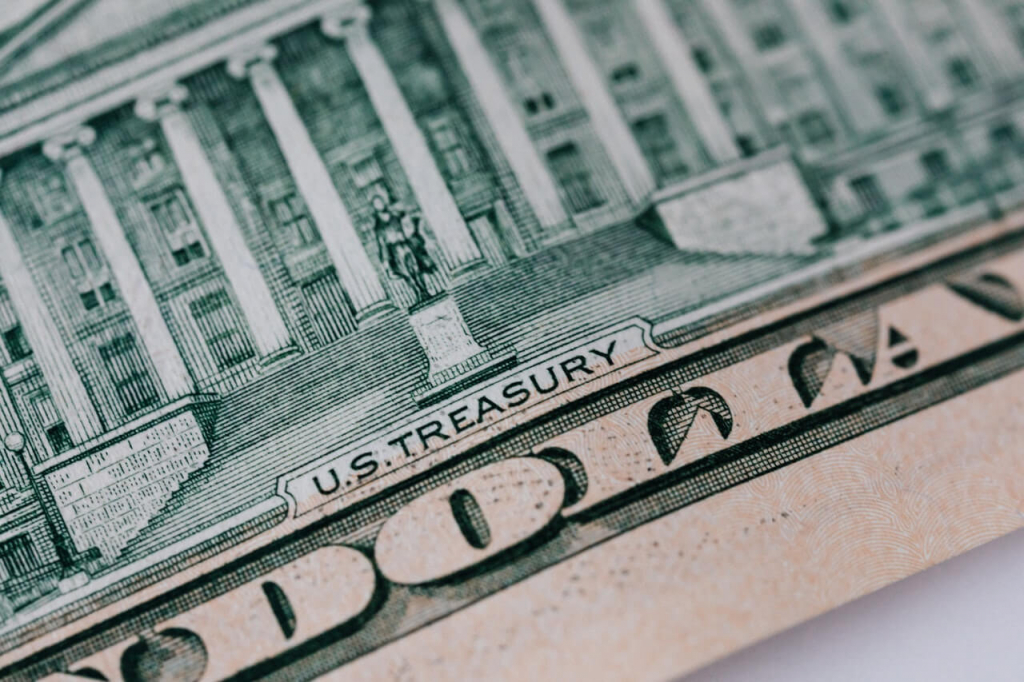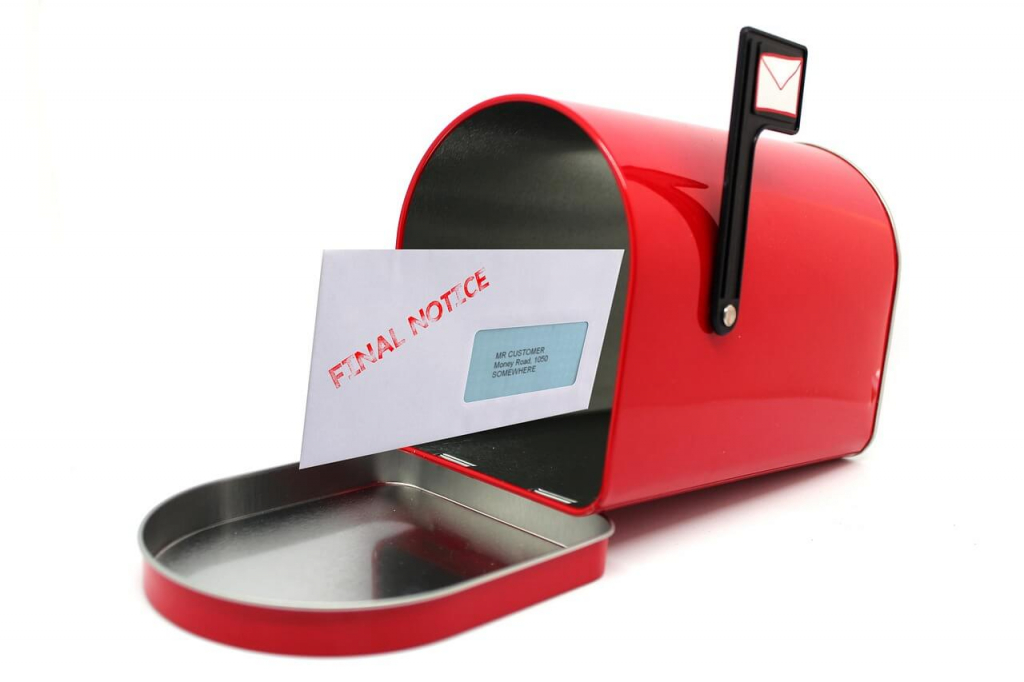The dreaded eviction. When talking about kicking someone out from their homes, most people will say that the tenants are at a disadvantage. Little do they know, it is just as bad for the landlord. Most landlords consider eviction as a last resort. They are likely to give multiple chances than risk losing income.
For example, a tenant keeps on avoiding paying the rent for several months, so this may lead the landlord to think about eviction. To have that tenant evicted, the landlord has to pay for the expenses that come with the process. He not only stopped receiving payment, but he also has to spend money to evict that tenant.
How much does it cost to have a tenant evicted? Before I answer that, it is important to keep in mind that the cost will differ depending on the location. It will depend on the local laws and lawyer fees that apply. It is recommended that the landlords will research these first to get a clear idea of the possible prices.

Here are the things that a landlord has to pay for when evicting tenants:
• Filing and Serving
Part of the process of eviction is informing the tenant that they are being asked to leave. Usually, the eviction notice is given by the landlord, but they can ask the local sheriff to do it for them. This action is called civil processing and will have an official record of the delivery. Serving notices have a corresponding fee and will range between $30 and $150, depending on the location.
The landlord will have to pay an additional fee for filing and processing the paperwork. The cost of this one is between $15 to $150. Yes, it is costly, and that’s not the end of it.
For filing and serving documents, the landlord will probably spend around $50 to $200.

• Court Expenses
The eviction process will involve court proceedings to make it legal. The landlord is not allowed to kick out a tenant simply by telling them to leave. It has to go through the correct process, or else the landlord might face a lawsuit.
It is expected that the landlord will pay for the court fees. Again, it will depend on the location. The range is between $300 and $800.
• Lawyer Fees
Lawyer fees are the most expensive item in eviction. If the case is complicated and if the landlord prefers it, he can hire a lawyer. Hiring one is an advantage because they know more about the law and can offer their expert opinions.
Hiring a lawyer will cost around $5,000 or even more than that.
• Legal Fees
The legal fees will be paid after the court’s decision and will depend on who wins the case. If the landlord wins, the tenant can be responsible for paying the legal fees, and if the tenant wins, the landlord will have to pay them. This will be stated in a bilateral agreement.

The landlord must learn about eviction fees because it will differ from state to state. I would suggest that they include this in the lease agreement, so the tenant will also be made aware of the possibilities surrounding an eviction.
These fees are only for the eviction process. Also, the landlord would have to pay more for the sheriff’s fee to carry out the eviction. There are also expenses to have the property cleaned up and the storage for the tenant’s belongings.
After the tenants are evicted, the landlord will be left with a property that is not generating any income. This is where you step in and use your leasing agent magic to help fill in the vacancy. You can advertise their property listings online by using Padleads. You can sign up, post the listing, and even syndicate it to other websites to increase visibility. There’s just no better way.